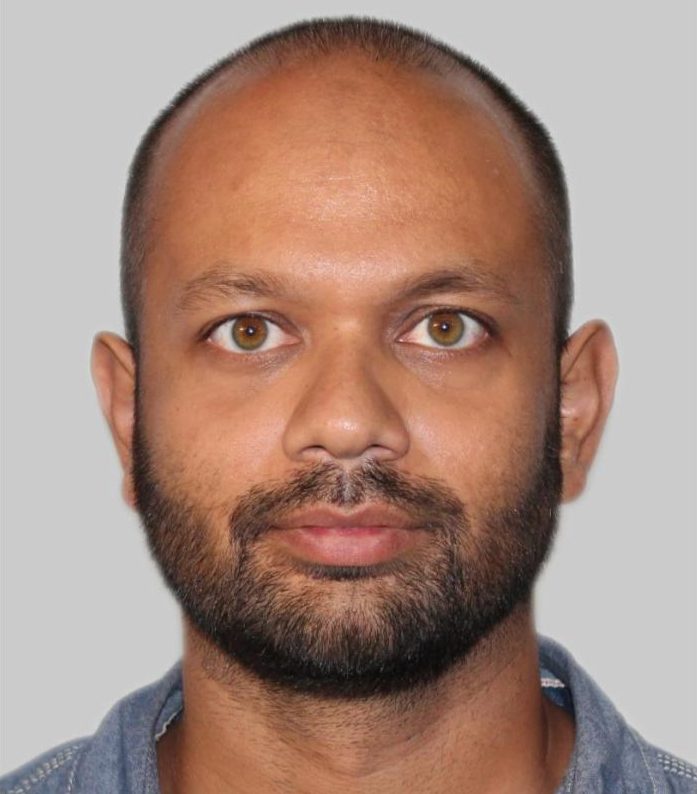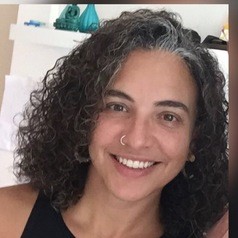
I am a feminist parent, environmental-social scientist, and social-ecological justice activist. Over the past decade, I have worked along side hundreds of local and indigenous communities on issues of food security, biopiracy, land use& tenure, labor migration, climate impacts and household wellbeing. I have also worked with non-profits, think tanks and educational institutions, such as the IPCC, OECD, Wilson Centre and the University of Wisconsin, exploring climate change adaptation initiatives, climate/environmental justice, ecosystem services and social-ecological systems research.

Tēnā koe
(Hello to you)
Ko Tainui te waka
(my canoe is Tainui)
Ko Mangapu rāua ko Waitomo ngā awa
(My rivers are Mangapu and Waitomo)
Ko Pirongia rāua ko Owhawhe ngā maunga
(My mountains are Pirongia and Owhawhe)
Ko Ngāti Maniapoto te iwi
(My tribe is Ngāti Maniapoto)
Ko Ngāti Huiao rāua ko Ngāti Uekaha ngā hapu
(My sub-tribes are Ngāti Huiao and Ngāti Uekaha)
Ko Rereamanu rāua ko Toki Kapu ngā marae
(My place to stand and belong are Rereamanu and Toki Kapu)
No Ōtorohanga rāua ko Waitomo ahau
(I am from both Ōtorohanga and Waitomo)
Ko Nathan Martin tōku ingoa
(My name is Nathan Martin)
I am father to 2 teenagers and live a sustainable lifestyle in a small block of land in Lincoln, Canterbury in a Tiny House I designed.
I am an Emmy Award (New Outstanding Approaches 2013) winning creative that has a broad range of expertise across academia and industry. I’ve consistently worked in the innovation space for 10+ years including the birth of interactive TV(UK), Augmented and Virtual Reality and most recently Blockchain Analytics.
Proven Strengths:
Insight, Strategy and Creativity

I am a broadly trained social scientist and identify primarily as a nature-society geographer and human geographer. I believe land is a fundamental entity that sustains all forms of life and earth’s systems, thus one of the most important elements for a thriving healthy bio-socio-diversity. I am an advocate for ideas around pluriversalism and alternatives to development as ways to move beyond the reductionism of modernity and the oppression of ‘capitalocentrism’.
For the past 25 years I have been actively engaged in the intersections of gender, policy making, development, environmental change and land use/management issues in Latin America, working around strategies to promote environmental and climate justice.
I am a mother of three (two earthlings and one stardust). I grow food, medicine and flowers. I am a massage therapist, an artist, a storyteller, and an activist for anti/de colonial practices. Both my personal and professional trajectories have been marked by the severe consequences of power asymmetries of local and global politics in people’s lives. My upbringing resulted in a lifelong commitment to socio-environmental justice.
An interview that Aline did on Amazon Deforestation: https://www.downtoearth.org.in/interviews/forests/-due-to-the-amazon-fires-we-will-lose-the-battle-against-climate-change–66460
And a publication https://theconversation.com/indigenous-people-may-be-the-amazons-last-hope-130941

My research focus is Māori self-determination through planning, design, environmental management and policy analysis and Indigenous people’s experience. Taking the view that ‘being Māori’ or ‘being indigenous’ in a colonial context is a research project in itself, ‘self-analysis, ‘self-reflection’, and theorising the role that Māori/Indigenous planning, design, policy, environmental management might play in decolonising processes has been a primary focus alongside hypothesising what ‘Māori/Indigenous planning, design, and environmental policy might be. This is highly interdisciplinary and ‘praxis heavy’ but ‘theory light’ requiring a considerable amount of theorising to better understand not only the praxis, experiential dimension of ‘Māoriness’, and ‘indigeneity’, but to organise these dimensions and their component parts and concepts into coherent, integrated theoretical approaches.
I have theorised, and published an approach to move beyond artificial constraints of Cultural Impact Assessments to Strategic Indigenous Impact Assessment and am currently writing a theoretical reorientation of urban heritage and landscape management to accommodate indigeneity. Decolonising ‘settler’ planning, architecture, urban design, policy and the environment is my aim; indigenisation of these disciplines to accommodate Māori and Indigenous ontologies, epistemologies and axiologies, is my end goal.